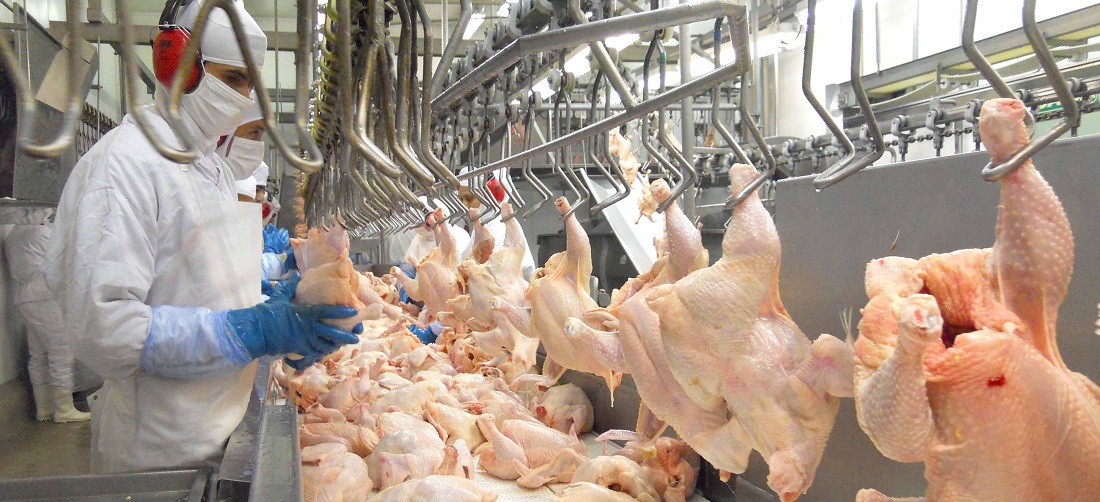
Japan to resume Brazil chicken imports from Santa Catarina, local government says
Oct, 20, 2023 Posted by Gabriel MalheirosWeek 202340
This development marks the second embargo imposed on Santa Catarina that Japan has decided to rescind. An earlier suspension, which affected chicken meat, eggs, and related by-products, was already lifted on August 18.
For context, Santa Catarina ranks as Brazil’s second-largest producer and exporter of chicken meat, and Japan is its primary customer in this trade. According to data from the Santa Catarina government, the export value of chicken and related products to Japan amounted to $314.42 million (approximately 1.586 billion Brazilian Reais), contributing significantly, at around 15%, to the region’s total revenue.
Notably, on August 10, the Japanese government also removed a ban on the same products originating from Espírito Santo. Furthermore, on September 26, exports of live poultry and fertile eggs from Espírito Santo to Japan also resumed normal operations.
However, it’s important to note that an embargo on imports from Mato Grosso do Sul, another Brazilian state, remains in effect, with suspensions initiated on September 19. According to Japanese health regulations, the embargo can be lifted if no irregularities are detected within 28 days of analysis.
What is Avian Influenza?
Avian influenza, often referred to as bird flu or H5N1, stems from subtypes of the influenza A virus. Avian species are particularly susceptible to this pathogen; human cases are rare. The virus’s pathogenicity can be classified as either Low Pathogenic Avian Influenza (LPAI) or Highly Pathogenic Avian Influenza (HPAI), with the latter prompting the Japanese government’s actions.
Highly pathogenic avian influenza typically leads to a sudden, severe outbreak among bird populations without prior symptoms. While contagion to humans is rare, it primarily occurs through direct contact with infected animals or environments. Notably, there is currently no evidence supporting person-to-person transmission, as the World Health Organization affirmed.
Source: CNN Brasil
To read the original text, please visit: https://www.cnnbrasil.com.br/economia/japao-cancela-embargo-sobre-aves-vivas-e-ovos-ferteis-importados-de-santa-catarina/
-
Shipping
Nov, 17, 2021
0
Losses at Hidrovias do Brasil up sevenfold in Q3
-
OTI Rankings
Apr, 15, 2024
0
OTI Ranking | DataLiner | Jan-Feb 2024 vs. Jan-Feb- 2023
-
Sugar and Ethanol
Oct, 25, 2021
0
‘Containergeddon’ takes refined sugar and rice back to bulk carriers
-
Ports and Terminals
May, 06, 2021
0
Brazil’s Federal Audit Court grants extension to inland container terminal in Santos


